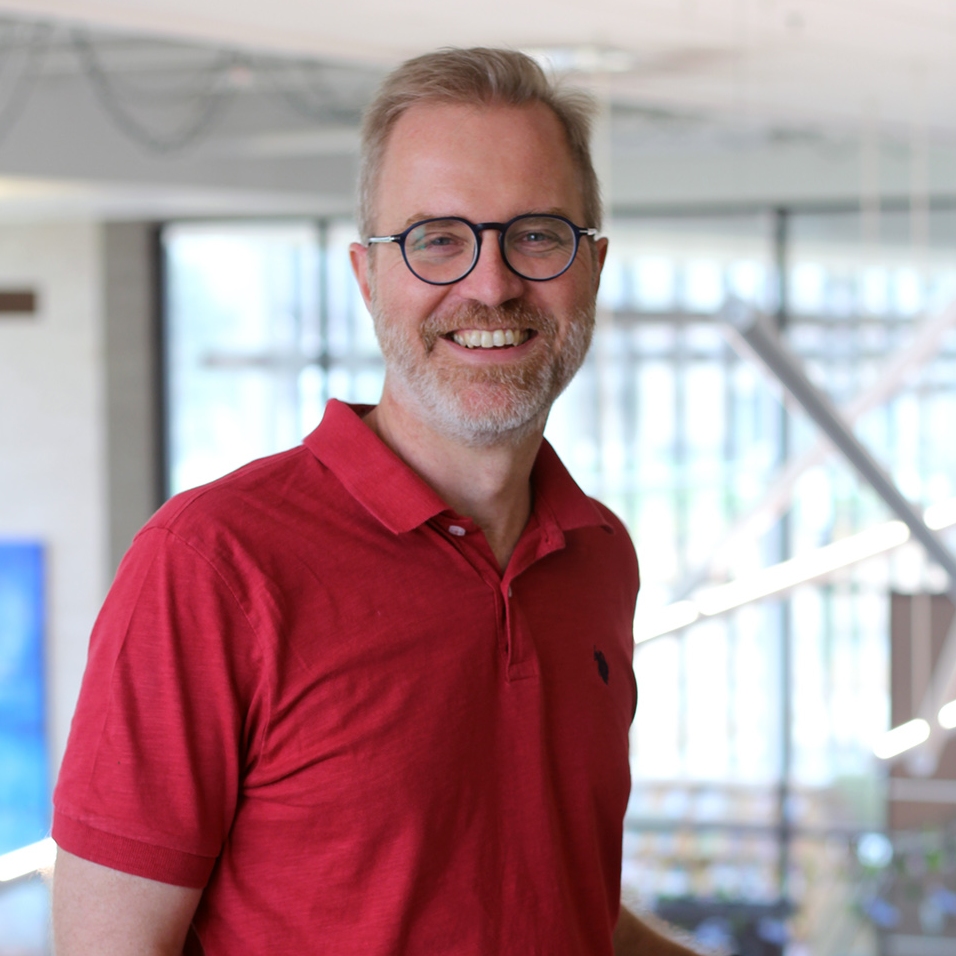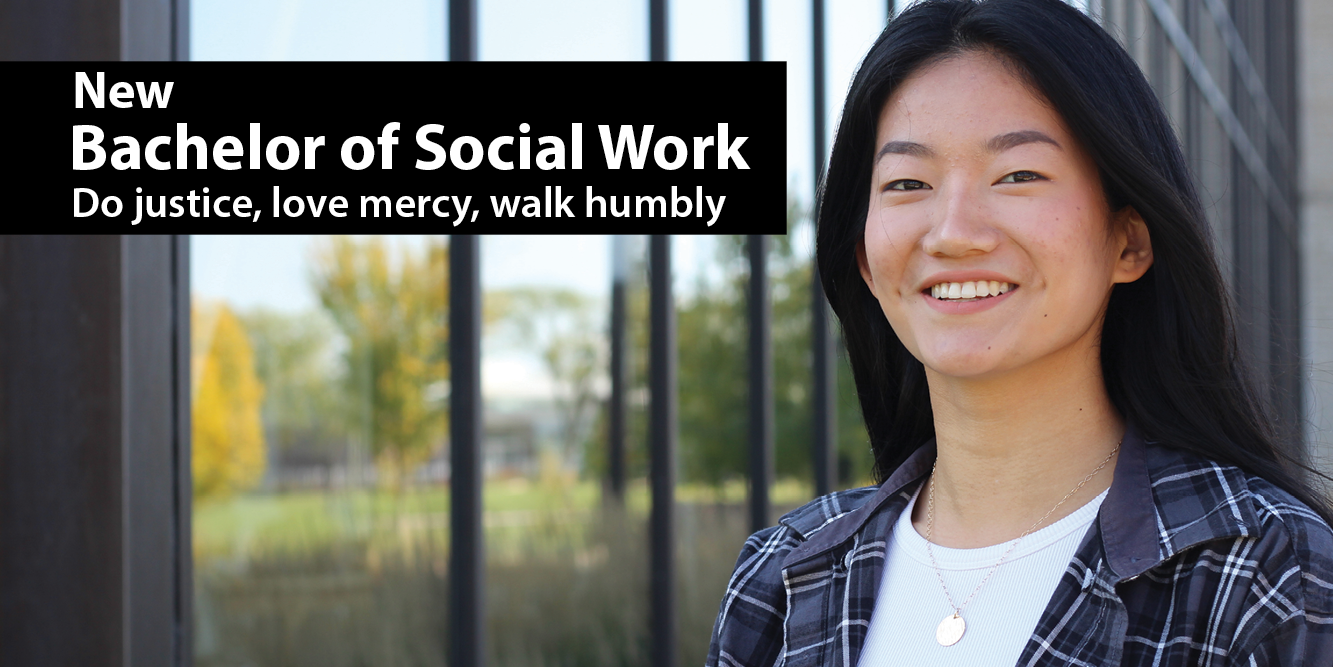News and Releases

Faculty Profiles
Faculty: In Their Own Words - Dr. Alexander Sawatsky
Thursday, October 5, 2023 @ 2:28 PM | Faculty Profiles

Dr. Alexander Sawatsky is Professor and Chair of Social Work. He joined the CMU faculty in 2023.
What are you enjoying about your work here so far?
I'm enjoying conversations with faculty who are different from me and talking about ways we could work together; it's really exciting. That's something I'm really looking forward to doing more. There's connection amongst different faculty and we can start thinking about things outside of those boxes, and that's where new ideas come up. I'm very excited about that and I'm already having fun with it.
What are you researching and writing?
When it comes to my own academic research, it's going to take a bit of a backseat this year so I can dedicate more time to program development. I did a collaborative piece with colleagues of mine, doing a study on social workers themselves and whether or not their own understanding of faith and practice shapes whether or not they're willing to open those spaces up when they're working with other people. My own research is looking at anti-capitalist theories and how we can learn from some of those and also finding some places of convergence and divergence between this and Indigenous ways of knowing and Indigenous resurgence—a bit different than reconciliation but having a very different perspective of the relationship we all should have to the state.
What are you reading for enjoyment?
I've been reading Isaac Asimov's Foundation series. I have been a fan of science fiction since I started reading the long-running German pulp series "Perry Rhodan" as a kid. What gets me are epic space operas; they are the perfect escape for me. What I like about the Asimov series is its essentially hopeful tone. There may come times of strife and darkness, but humanity will continue to persevere. Knowing he was writing the first novel during WWII only adds further perspective for me. During a dark time, he wrote about hope beyond time and space. I can get behind that.
What are your plans and vision for CMU's Bachelor of Social Work program?
The whole point is we're trying to let in as many voices as possible to speak into it. I'd hate for one person to claim it all and say, 'This is my idea.' The best process is to listen, to help find ways to bring these ideas together so that as much of a vision can be incorporated from all those different voices. My vision would be that it's the kind of social work program that is embedded within the context of the school, but also within the context of the realities of social work in Canada and more specifically in Manitoba, and that it can help students deal with that process. I've heard this many times, and I kind of believe it too: education shouldn't be safe or comfortable. But it should be that students, as they're going through this, feel like they have tools for how to challenge some of their own ideas, to address their own privilege, and find ways to bring about a better world.
What do you most long for in your work?
Probably it's the strangest answer: to be irrelevant. It's what I say to social work students. The reason why there is such a need for social work is because there's a real problem in the world. I don't want to communicate to anybody that the point is you're supposed to become essential or indispensable, because with that you end up not necessarily challenging the way things are. If you are no longer needed, then the world has gotten better. I think that's the starting point and what I long for. It's maybe strange, but I'm not excited that we need so many social workers. I'm excited about the fact that social workers can maybe do something to stop the need for them in the first place—and that's how we have to teach them.
What saying or motto inspires you?
It's something in Low German my grandma used to always say: "After this time comes another." What I like about it is that on some level, that's not really profound, that's just telling us how time works. But on some level, it's also deeply calming and reassuring. I think the reason why it speaks to me so much is because it actually normalizes the idea that change happens. If you keep looking for stability and sameness, you're not going to find it and you're just going to get more anxious because you don't know what happens next. Or you embrace it and say, even if this moment is one I'm not doing well in, I know there's other times. When I work with people with mental health issues, that's a really important message because people get so locked in and lose hope and don't recall this very basic thing, which is that time works that way.
KEYWORDS: Faculty in Their own Words, Faculty, in their own words, social work, Alexander Sawatsky, Bachelor of Social Work, faculty profile


 Print This Article
Print This Article